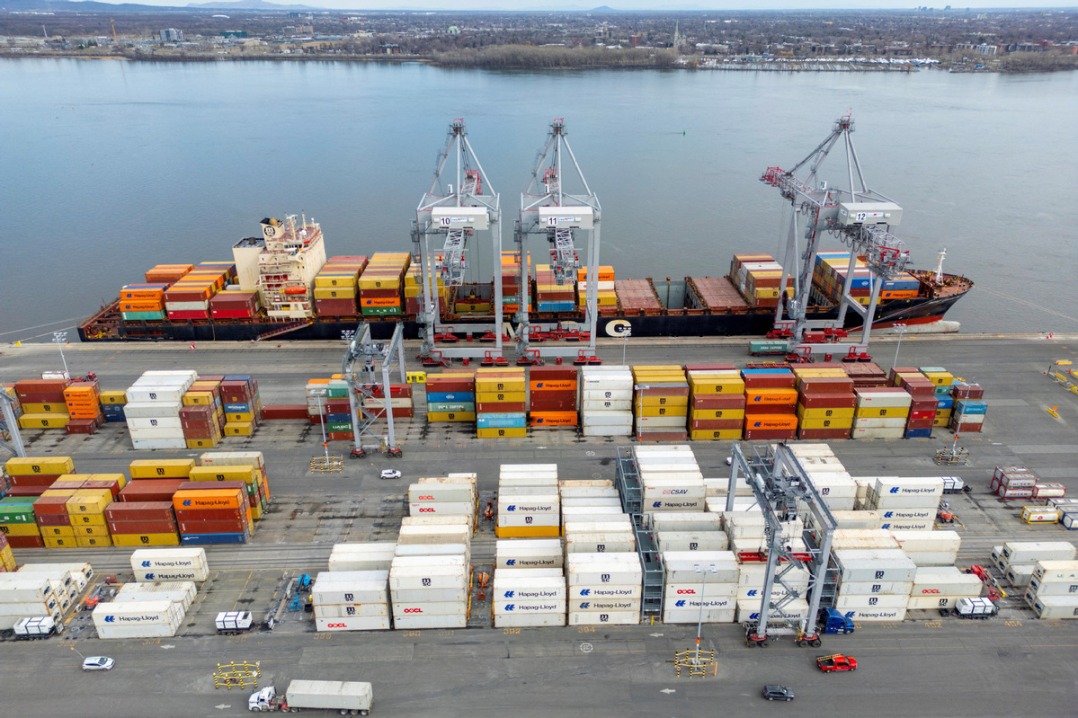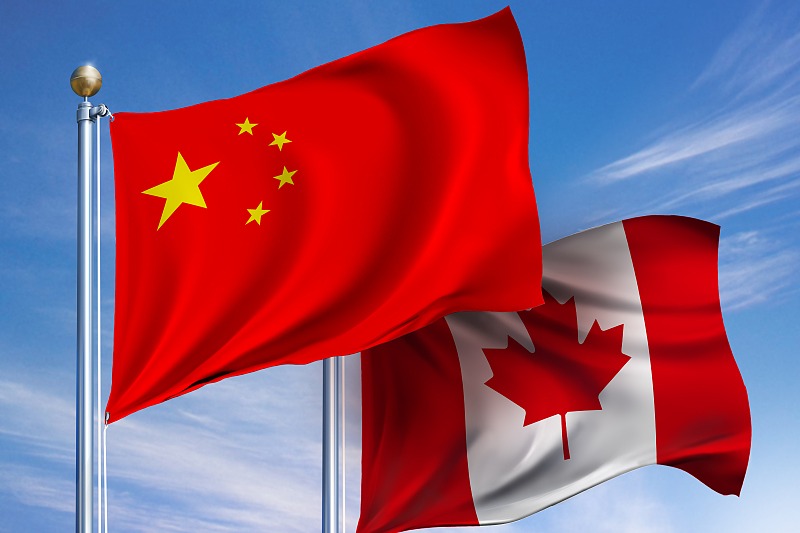Saving wildlife is a matter of getting all on the same page

The New York Times recently ran a story that illustrated one of the biggest obstacles to fighting the international trade in illegal wildlife. The networks and supply chains along which ivory and rhino horn travel are moving targets, constantly shifting, morphing and changing.
Once a tusk, horn, bags of bones or scales leaves a game park, a series of runners take it to larger and larger cities, the Times reports, and once it’s ready to ship, it is never direct. A tusk bound for Vietnam, say, may first go to Kuala Lumpur and Dubai first.
“This roundabout travel obscures the goods’ true origin and destination,” Rachel Nuwer writes, “and the route often reflects the placement of compromised officials who allow for smooth passage.”
It comes as good news today then that some governments have expressed overwhelming support to strengthen international laws that will help protect endangered Asian elephants.
The move comes following undercover investigation work carried out by the UK charity Elephant Family that exposed an emerging illegal trade in Asian elephant skin.
Alarmed by the discovery of skinned elephant carcasses in Myanmar, Elephant Family found that the skin was being turned into beads for jewelry and powder to treat medical conditions and sold online through Chinese-language forums.
At a meeting of CITES in Sochi, Russia, Elephant Family joined voices with the Born Free Foundation to present their findings of the skin trade and pushed for more urgent attention to tackle the trafficking.
CITES (the Convention on International Trade in Endangered Species of Wild Fauna and Flora) is an international agreement between governments aimed at ensuring that international trade in specimens of wild animals and plants does not threaten their survival.
Representatives of two countries where Asian elephants range — Sri Lanka and Thailand — expressed their concerns over the threat.
Speaking for Sri Lanka, which will host the CITES Conference in 2019, Ranjan Marasinghe, head of enforcement at the department of wildlife conservation, said, “As a range state we are aware of the multiple threats faced by Asian elephants and are concerned that the skin issue will expand to all range states if not stopped.”
The European Union and United States gained approval for amendments to existing text which includes a requirement for investigations into illegal trade and improved reporting on implementation.
“This is a big step forward for Asian elephants, since the discussion at CITES is often dominated by the African elephant ivory trade,” said Elephant Family’s conservation program manager Caitlin Melidonis.
“Our investigations helped shape the outcome of this important meeting but there is more to be done. Our job now is to ensure that the decisions outlined on paper translate to protection in the field,” she added.
Born Free Foundation’s Gabriel Fava, said “These important developments must lead to better cooperation and coordination across range states and help to identify gaps in capacity. We look forward to supporting countries to address those needs and ensure a sustained enforcement response against illegal trade.”
Justin Gosling, a law enforcement specialist working with Elephant Family, urged cautious optimism.
“Trade in Asian elephants has been prohibited under CITES for over 40 years,” he said, “but poaching and trafficking continues and is expanding. Countries implicated in this trade now need to make concerted efforts to investigate the criminal networks and take action to prevent further poaching and trade.”
The Times story noted the frustrating morass enforcement efforts face — police officers don’t talk to customs officials, none of them talk to park rangers, who don’t have the ear of policy makers who pay no heed to conservation groups. No one seems to be on the same page.
“If the genie in the bottle were to grant me just one wish to combat international wildlife crime, I would ask that everyone work more collaboratively,” John Sellar, former chief of enforcement for CITES told the Times.
Heads of state from around the world will meet at the Illegal Wildlife Trade Conference in London next week. Hopefully something close to a genie will show up too.
Contact the writer at chrisdavis@chinadailyusa.com.
































